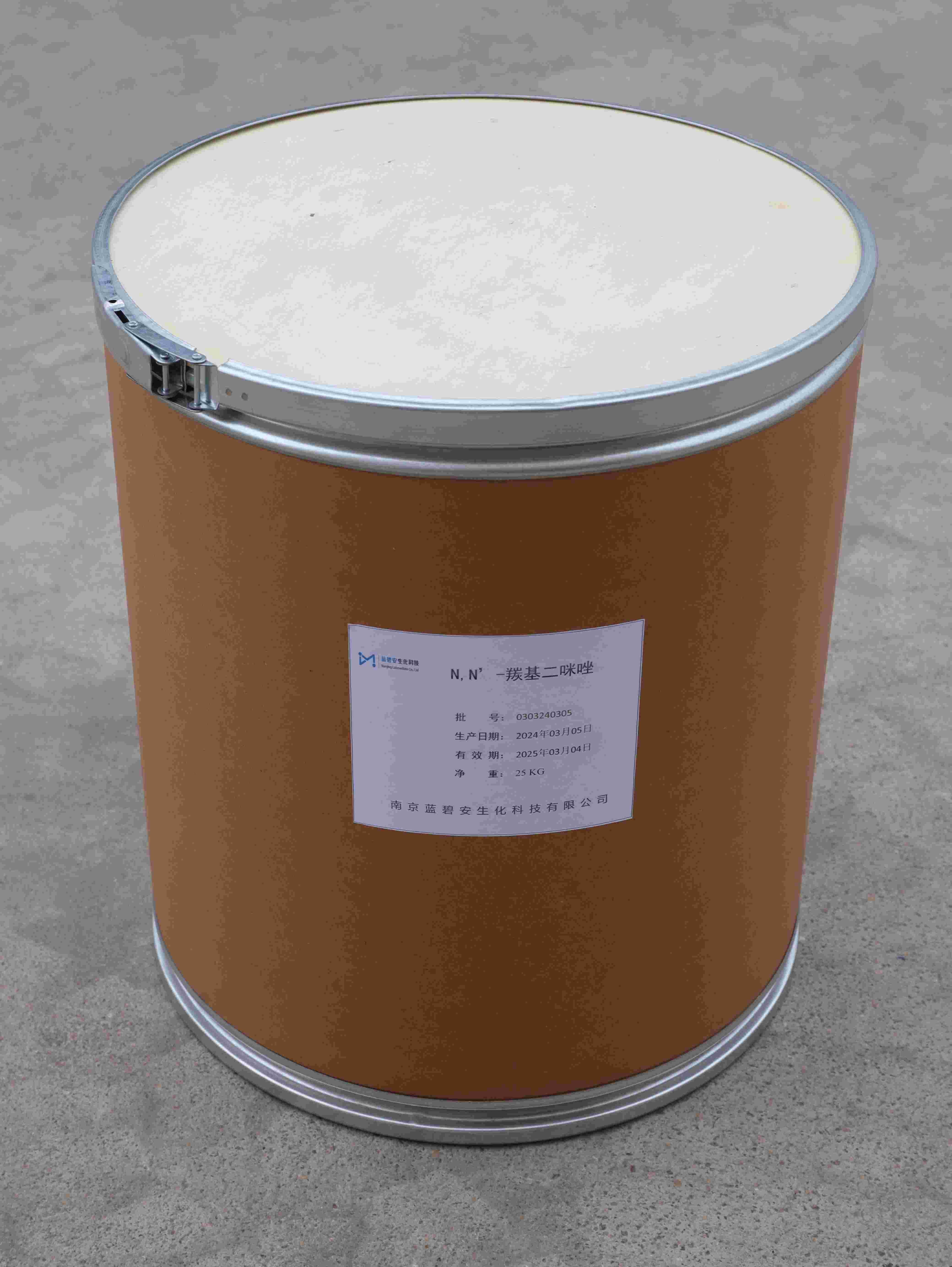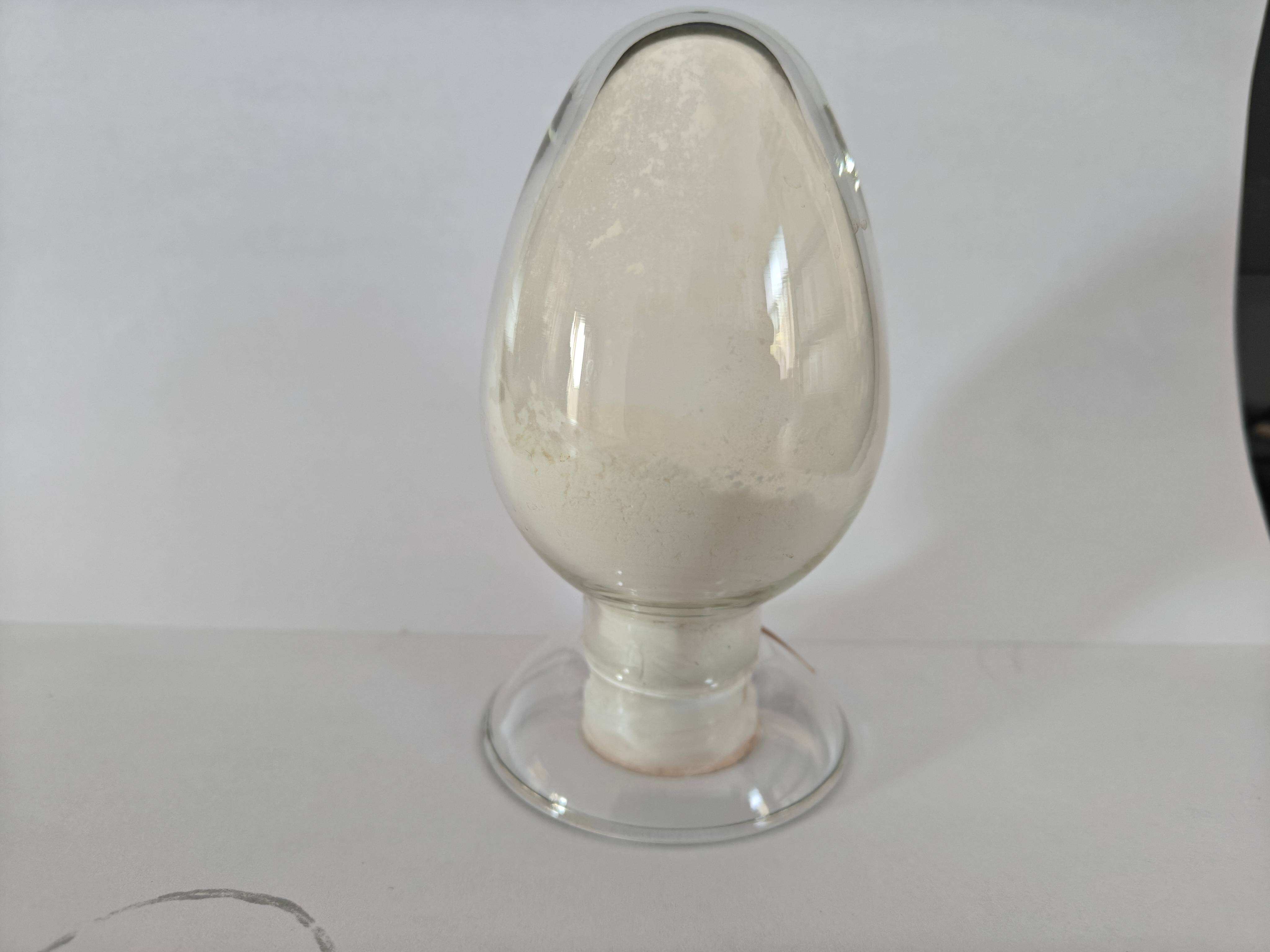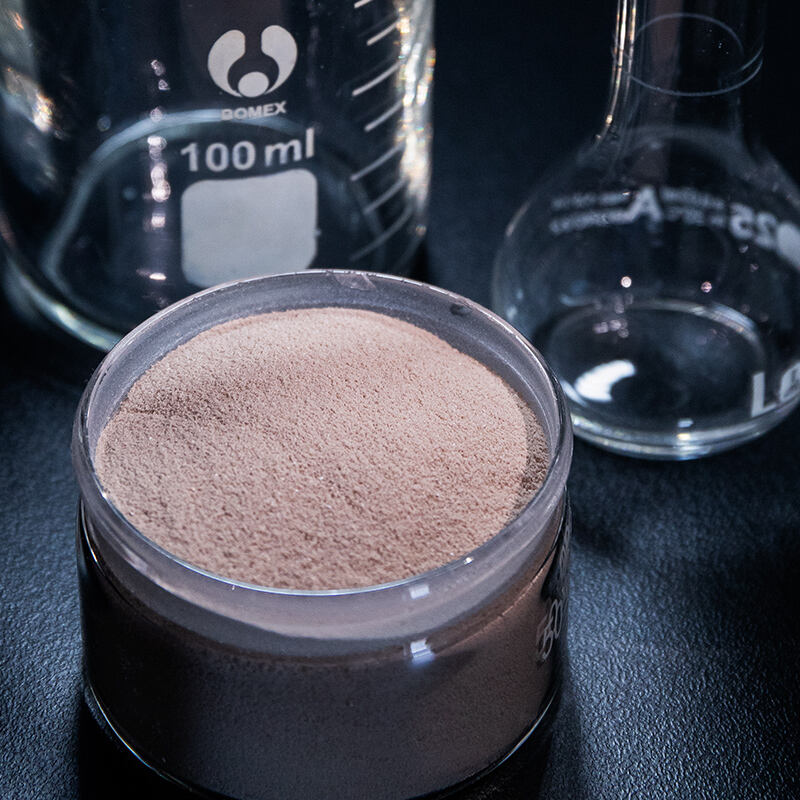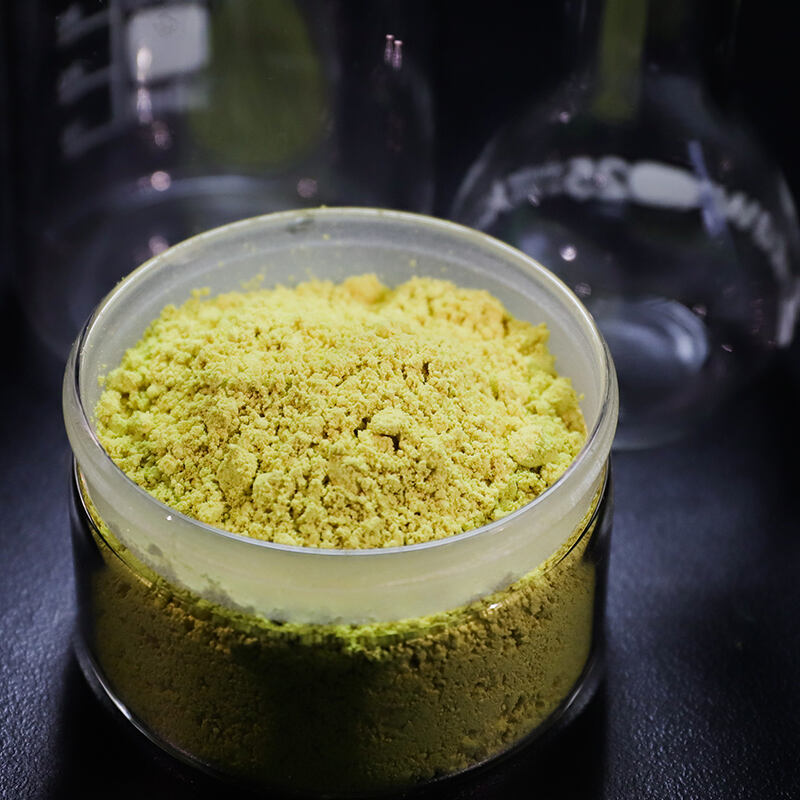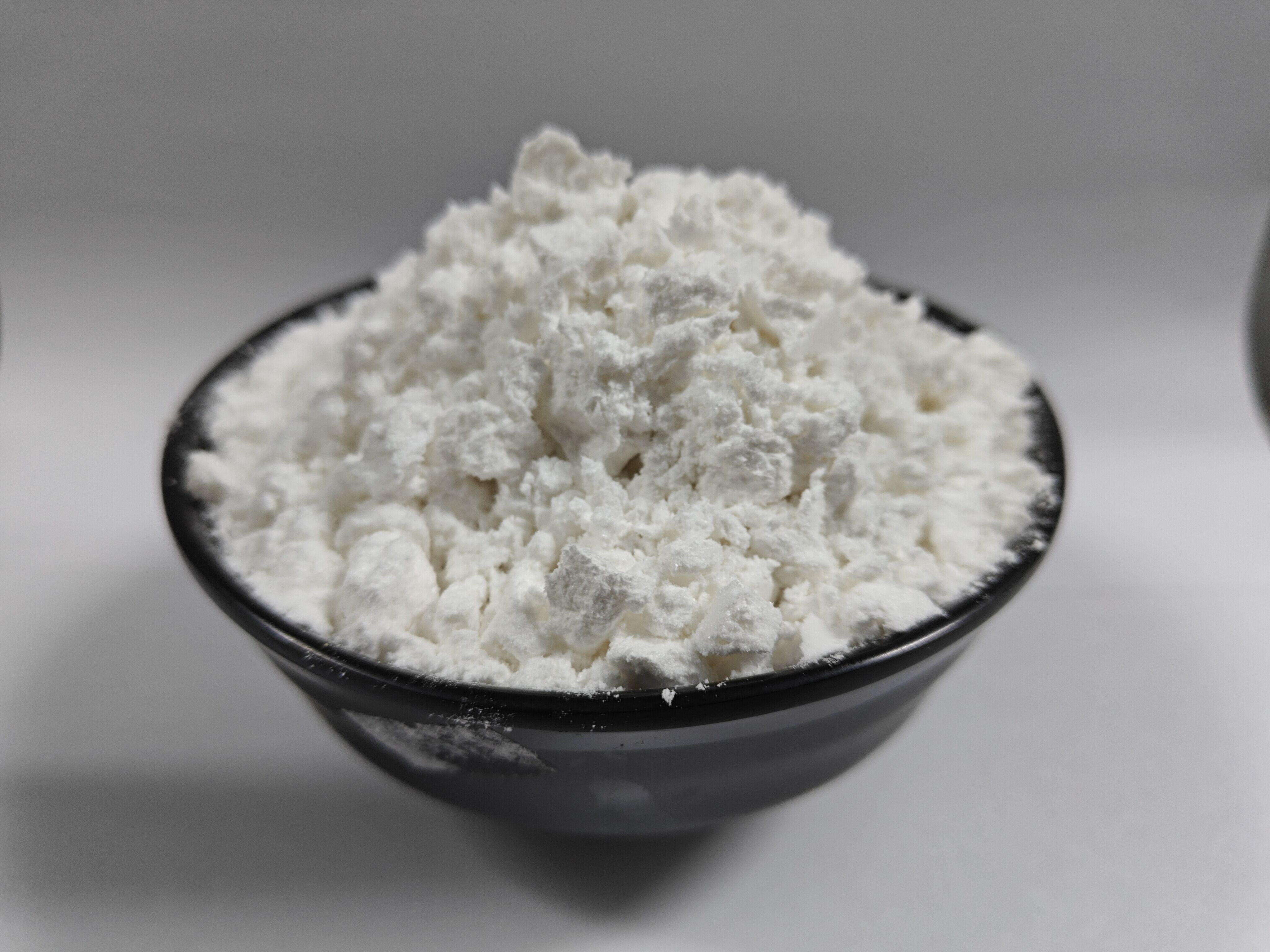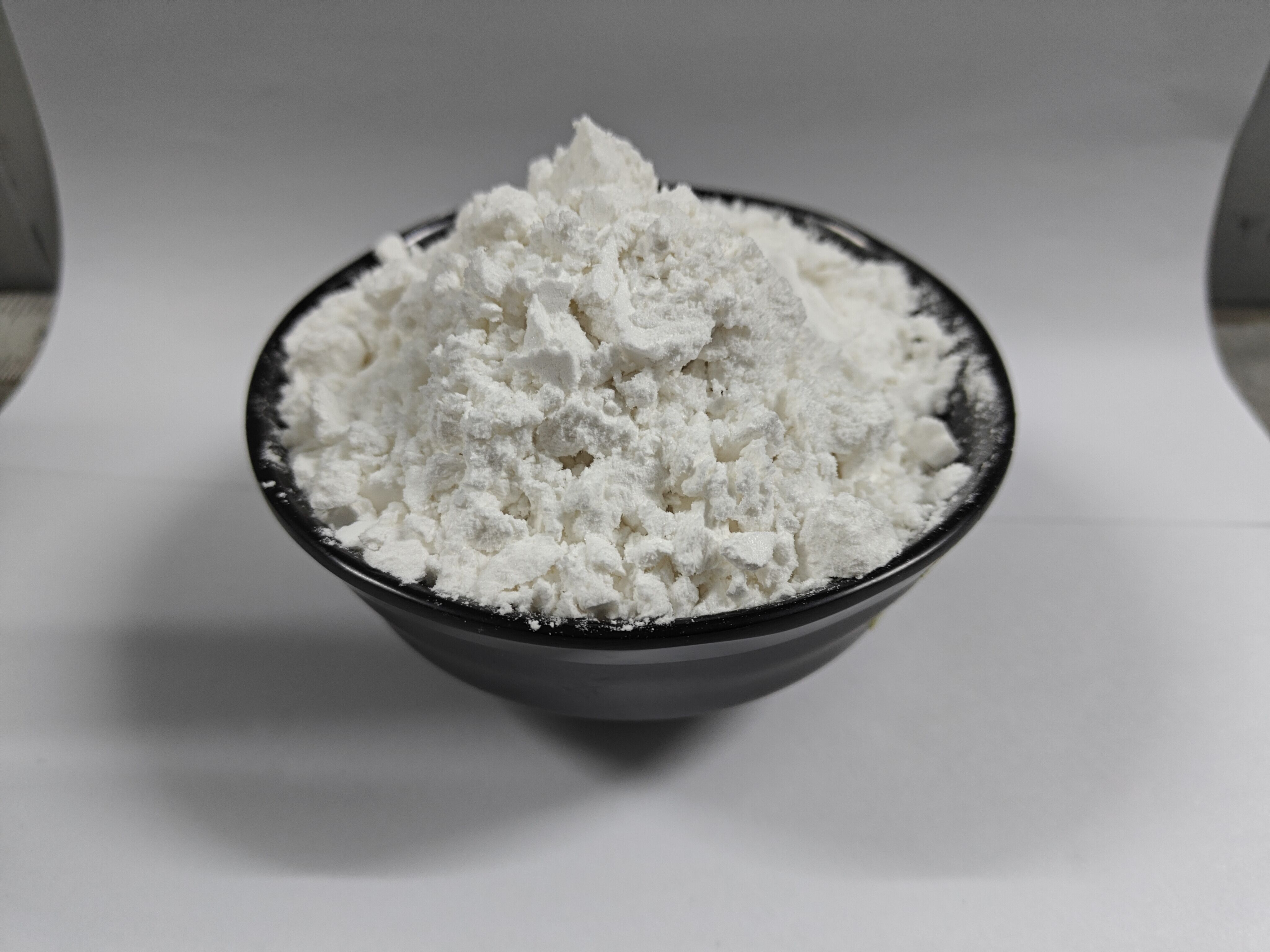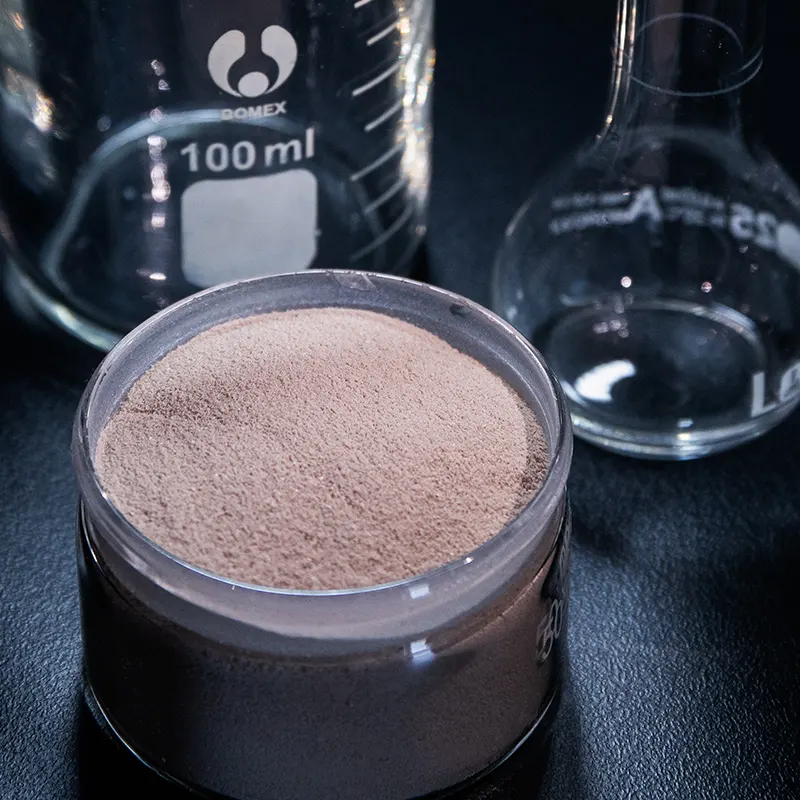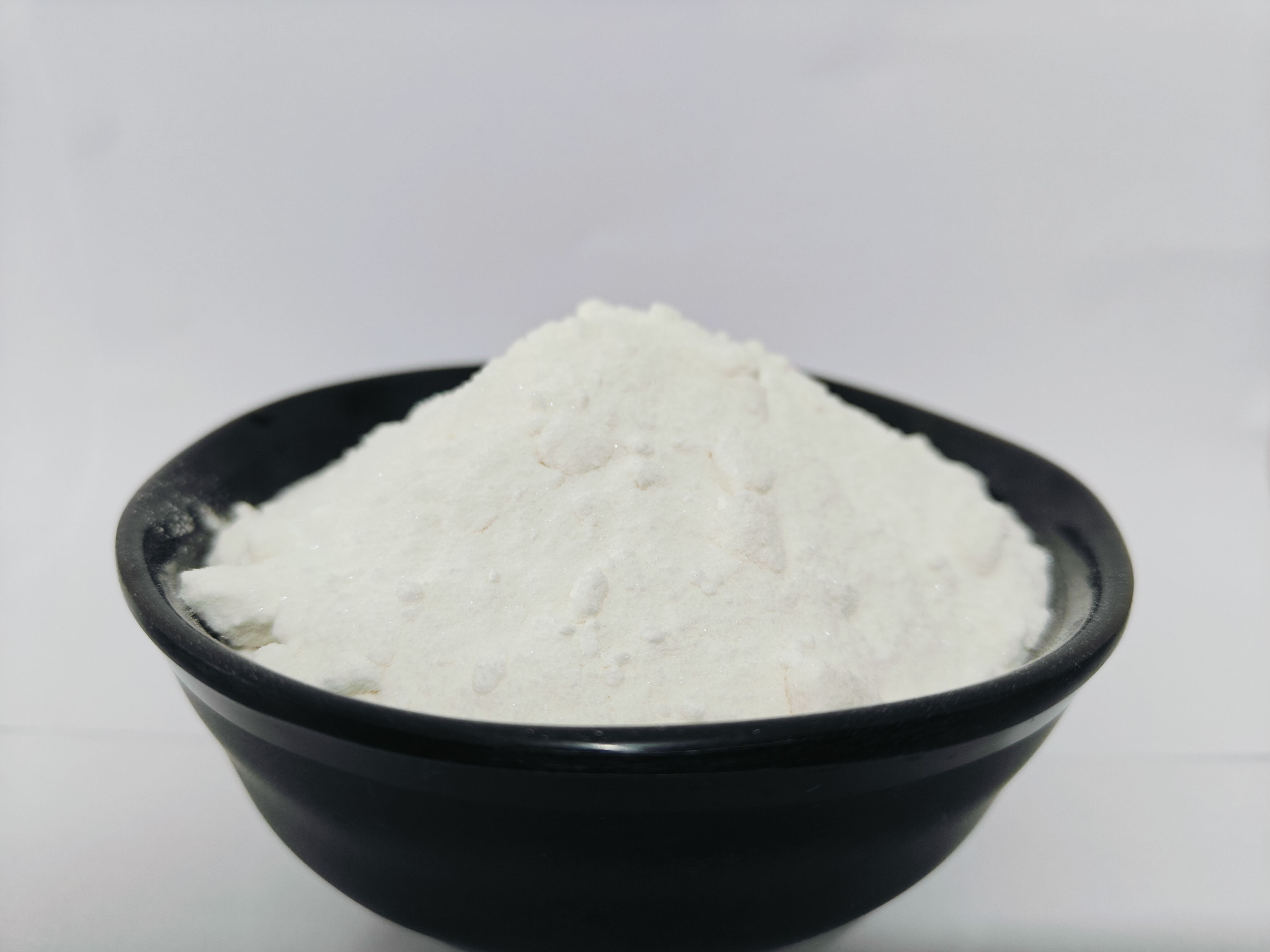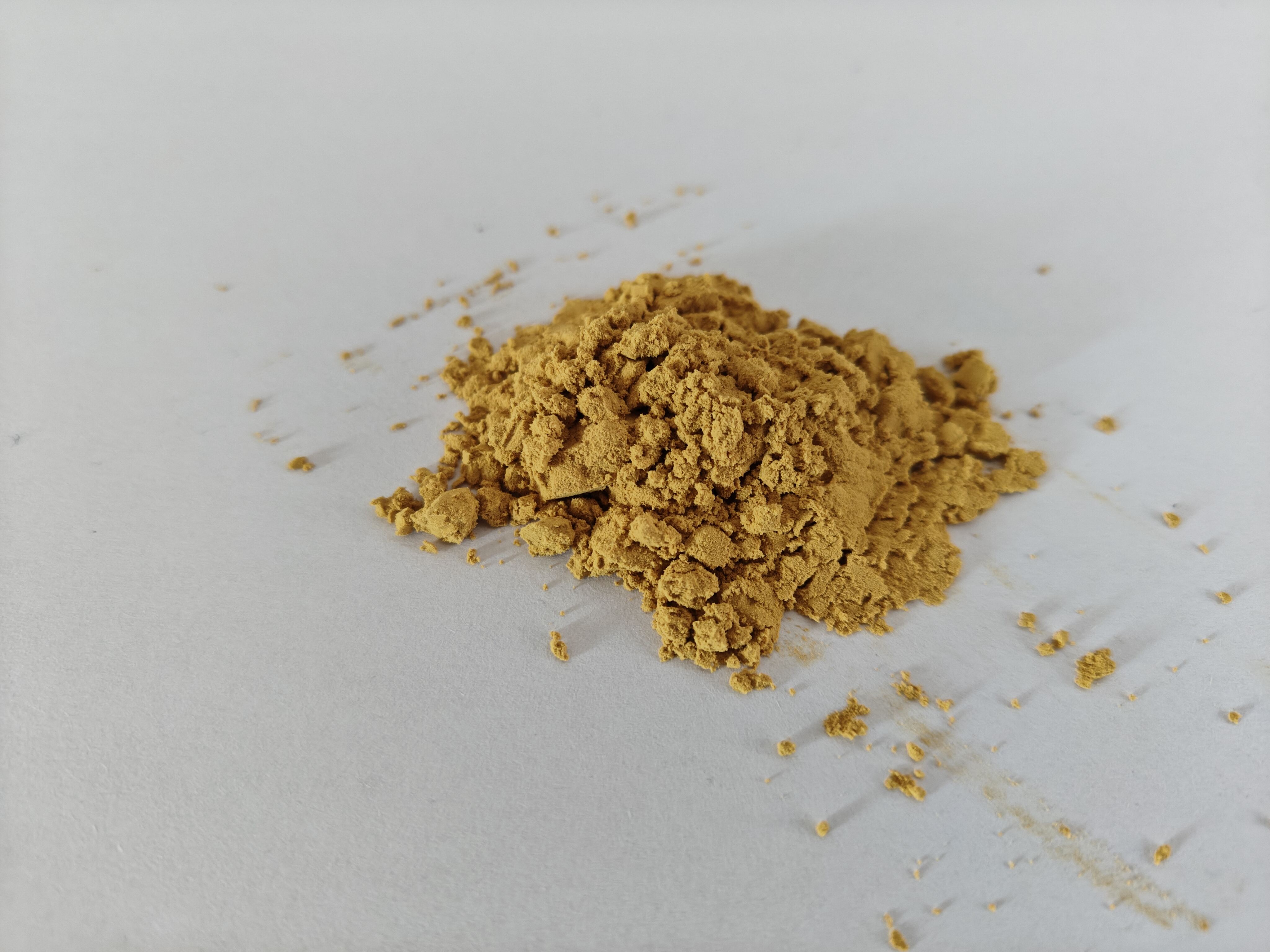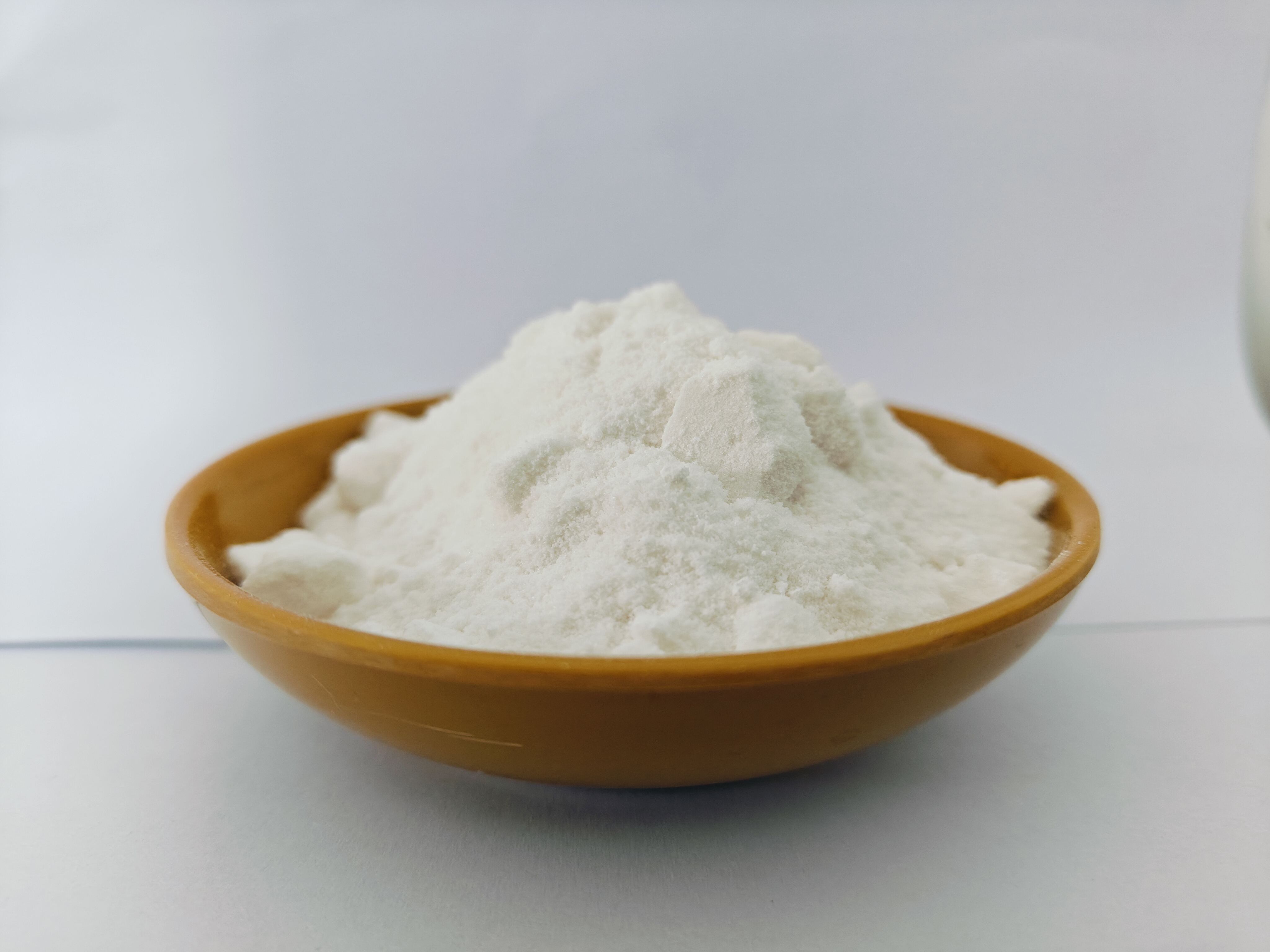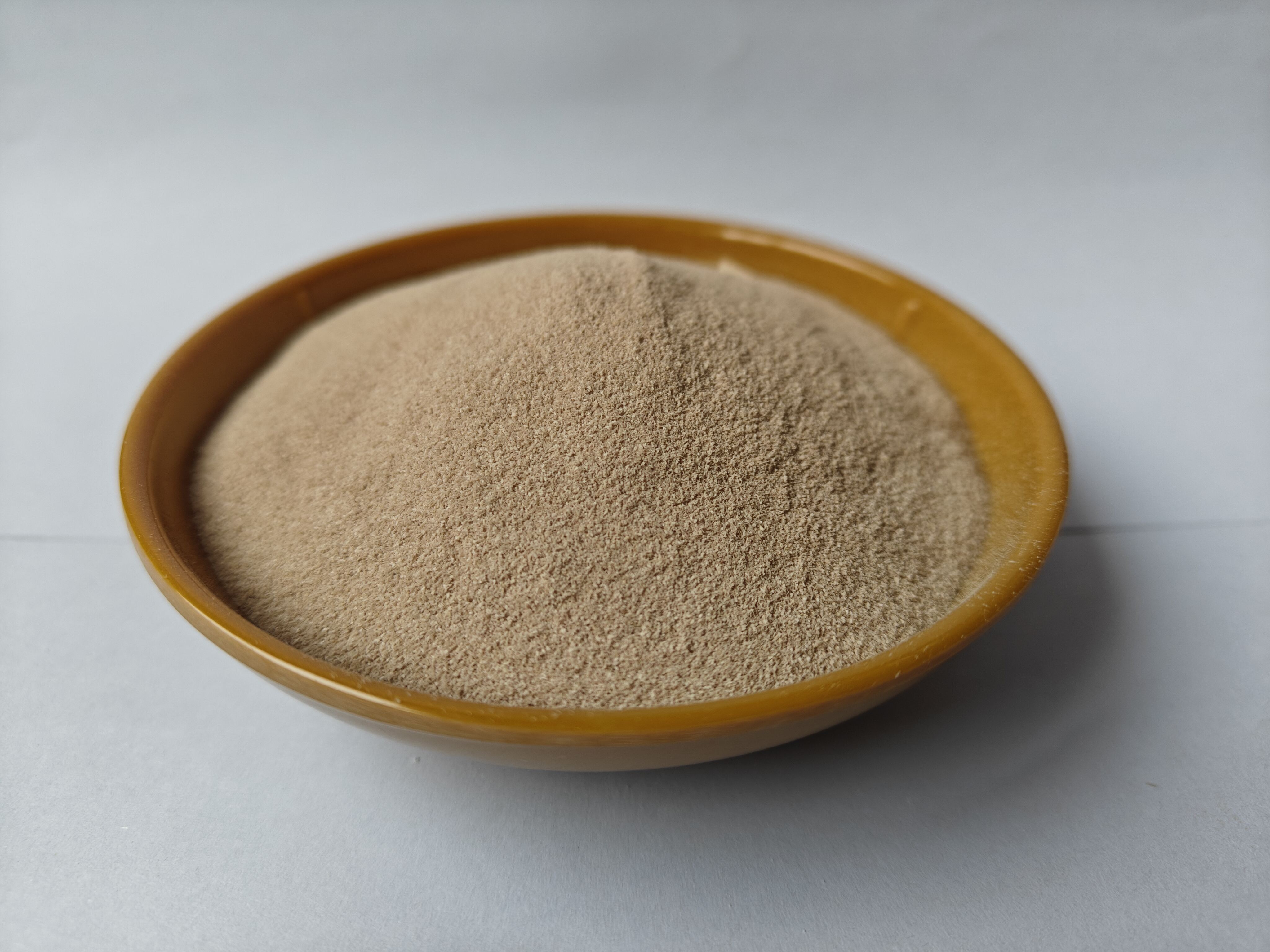eienskappe van epoksi vormmiddel
Die eienskappe van epoksharderstowwe (EMC) verteenwoordig 'n sofistikeerde kombinasie van kenmerke wat hierdie materiaalle in die moderne elektroniese verpakking en beskerming onontbeerlik maak. Hierdie termosetting polimeerstowwe bestaan uit epokshars, hardeermiddels en verskeie vulmiddels wat saam 'n robuuste, beskermsende omslag skep. Die primêre eienskappe sluit uitstekende elektriese isolasie, hoë vochtweerstand en opmerkbare meganiese sterkte in. Hierdie stowwe wys uitsonderlike hechting aan verskeie substraatmaterialen, insluitend metale, keramiek en plastiek, terwyl hulle dimensionele stabiliteit oor 'n wye temperatuurstrek behou. Die termiese geleiheid van EMC's help om effektief warmte af te voer, wat krities is vir elektroniese komponente. Hul lae koëffisiënt van termiese uitbreiding verseker minimale spanning op ingeslote komponente tydens temperatuurswings. EMC's wys ook uitstekende chemiese weerstand, wat interne komponente teen omgewingsverontreinigings en korrosiewe stowwe beskerm. Die vlamwerende eienskappe van hierdie stowwe maak hulle ideaal vir toepassings wat UL94 V-0 klassifikasie vereis. Gevorderde formulerings kan ultra-laag ioniese inhoud bereik, wat essentieel is vir die beskerming van sensitiwese haliconductorapparate. Die hardproses van EMC's kan vir verskillende vervaardigingsvereistes geoptimeer word, wat buigsaamheid in prosesvoorwaardes bied terwyl konsekwente prestasiekenmerke behou word.

